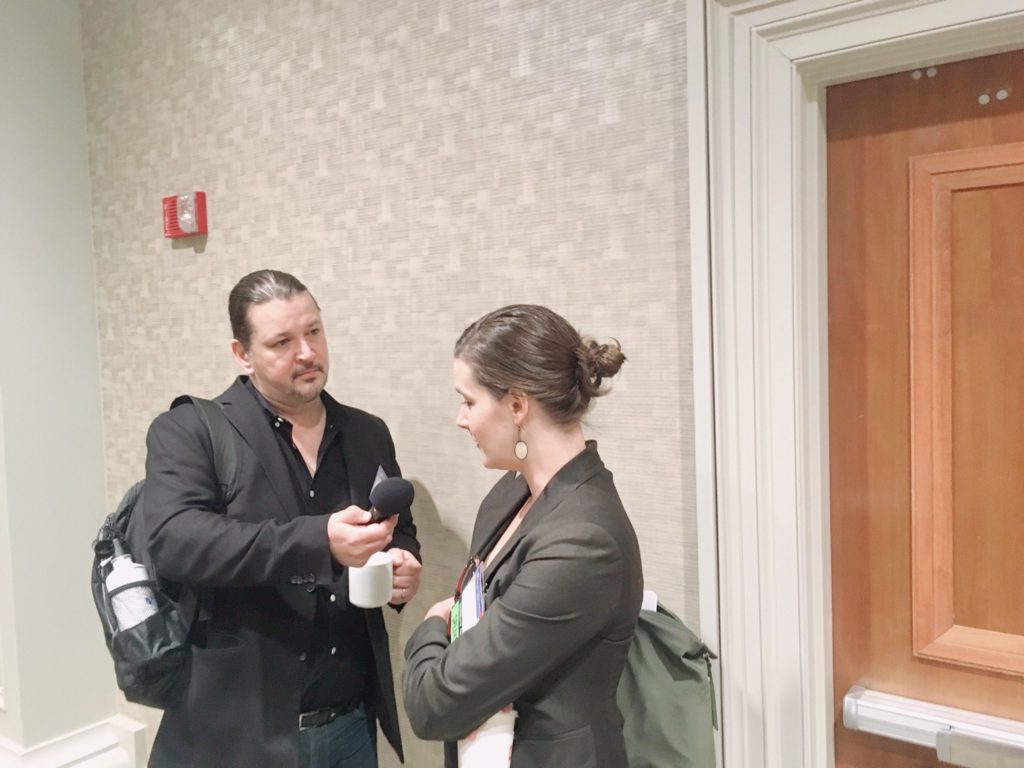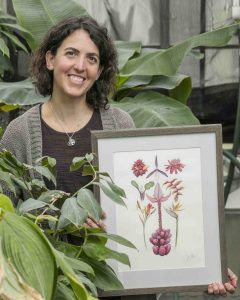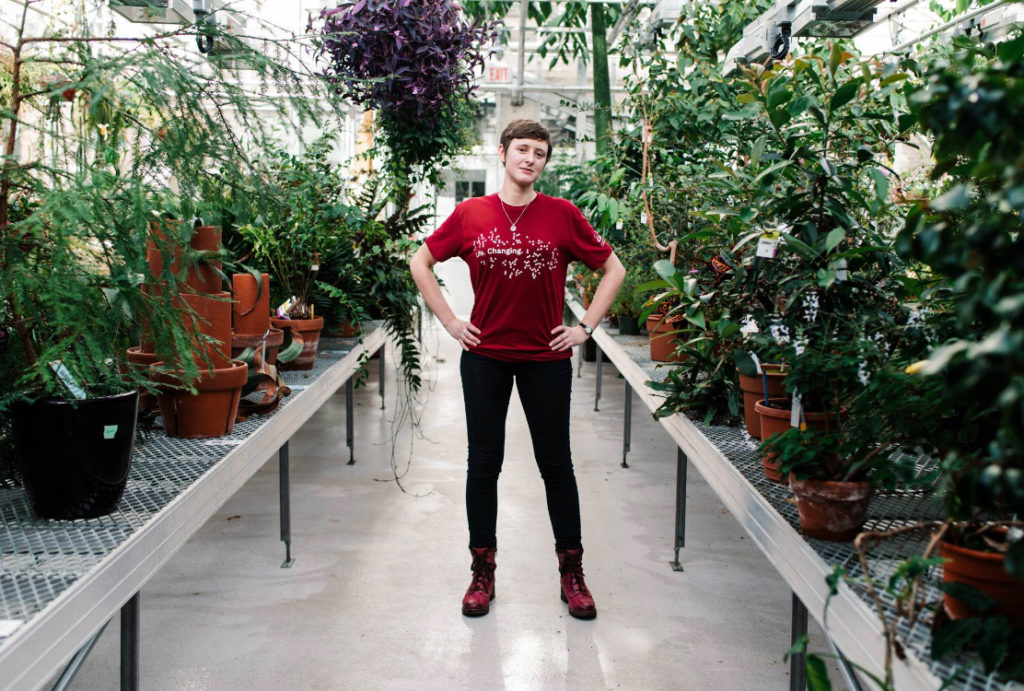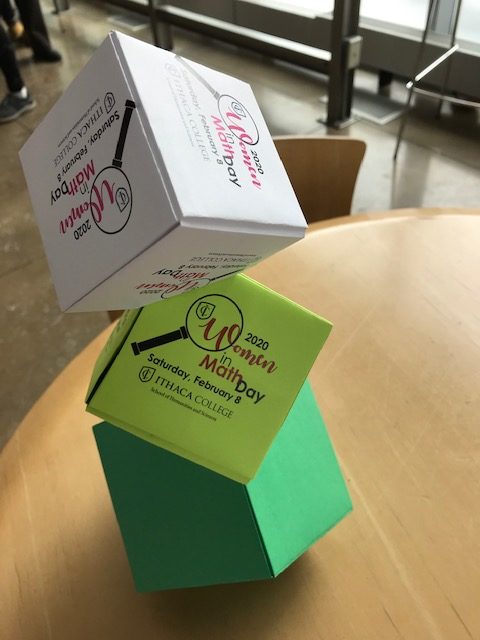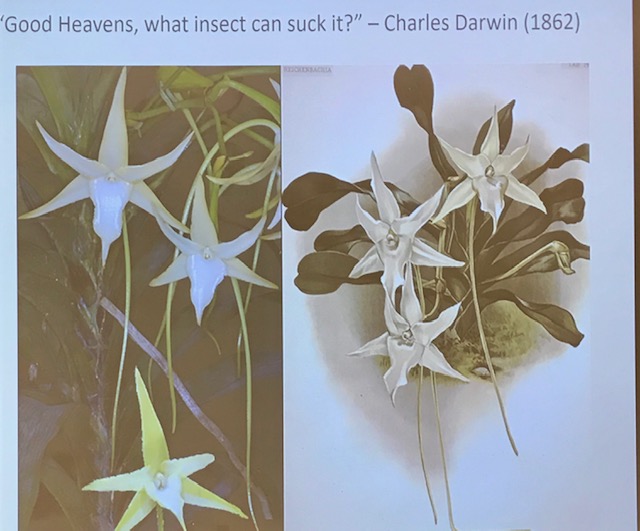Podcast: Play in new window | Download
Subscribe: Apple Podcasts | Spotify | Email | RSS | More
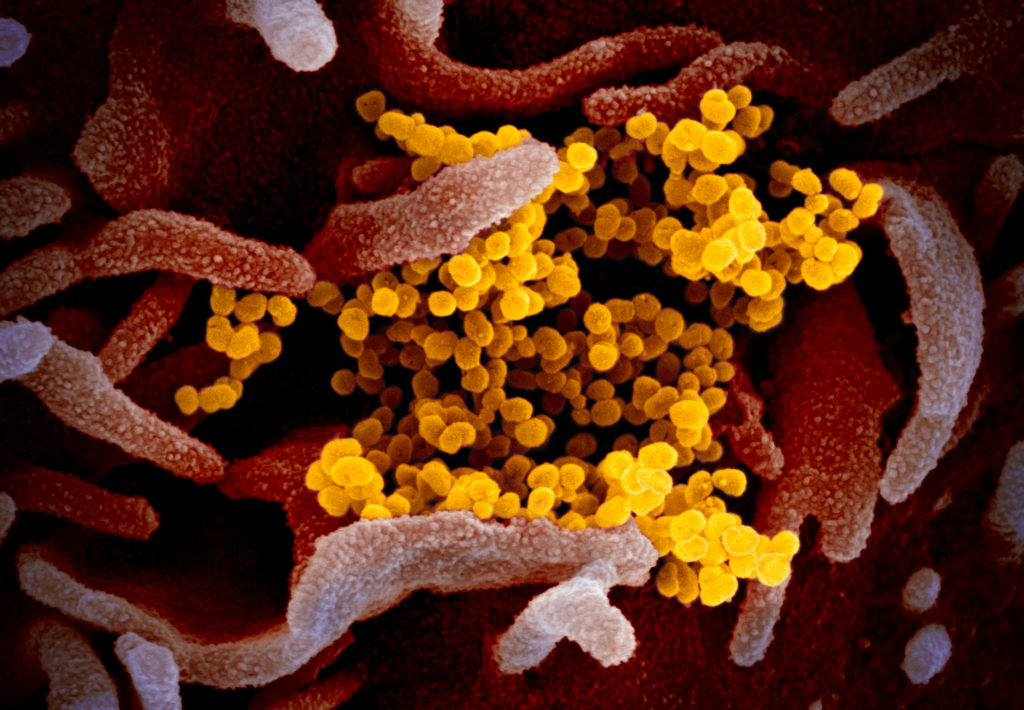
(Source: NIAID, Wikimedia Commons)
In the month of March, we are recognizing the contributions of women scientists to all fields of science. This is our last edition of our special Women’s History Month episodes. Of course, LSS will continue to post interviews of women scientists in upcoming shows.
Today, you’ll hear a podcast from Cornell graduate student and Locally Sourced Science contributor, Candice Limper. She speaks with fellow graduate student Dr. Scarlett Lee from the Department of Microbiology and Immunology in the Cornell College of Veterinary Medicine.
In this interview, Dr. Lee, who is a veterinarian, talks about what is known so far about COVID-19 disease in humans of different ages. She discusses the disease in light of her research interest, which is the effect of age on the immune system.
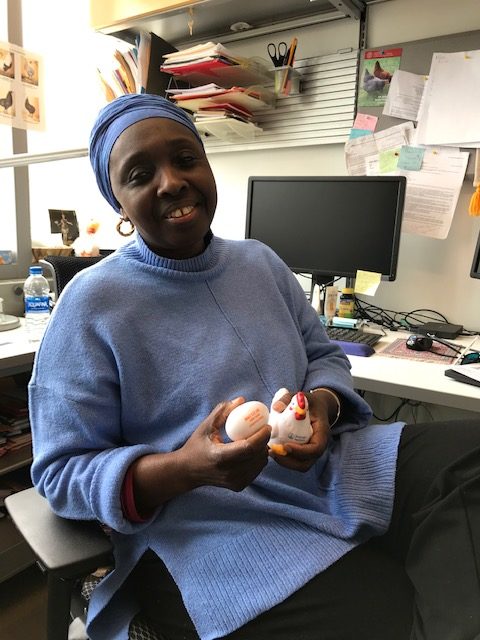
Later in the show, you’ll hear an interview of Dr. Jarra Jagne, a veterinarian and Senior Extension Associate at the Animal Health Diagnostic Lab in the College of Veterinary Medicine at Cornell University. She specializes in avian diseases and advises poultry producers on how to avoid disease outbreaks in their flocks. Here, she talks about zoonotic diseases such as SARS-CoV-2, the cause of COVID-19, that can spread from animals to humans.
Also, in today’s show, Liz Mahood’s presents a profile of Dr. Mary Guinan, the Dean of the School of Community Health Sciences at the University of Nevada, Las Vegas.
Show Producer: Esther Racoosin
Interviews: Candice Limper & Esther Racoosin
Profile of Dr. Mary Guinan: Liz Mahood
Music: Joe Lewis, Blu Dot Sessions, Ben Jordan

